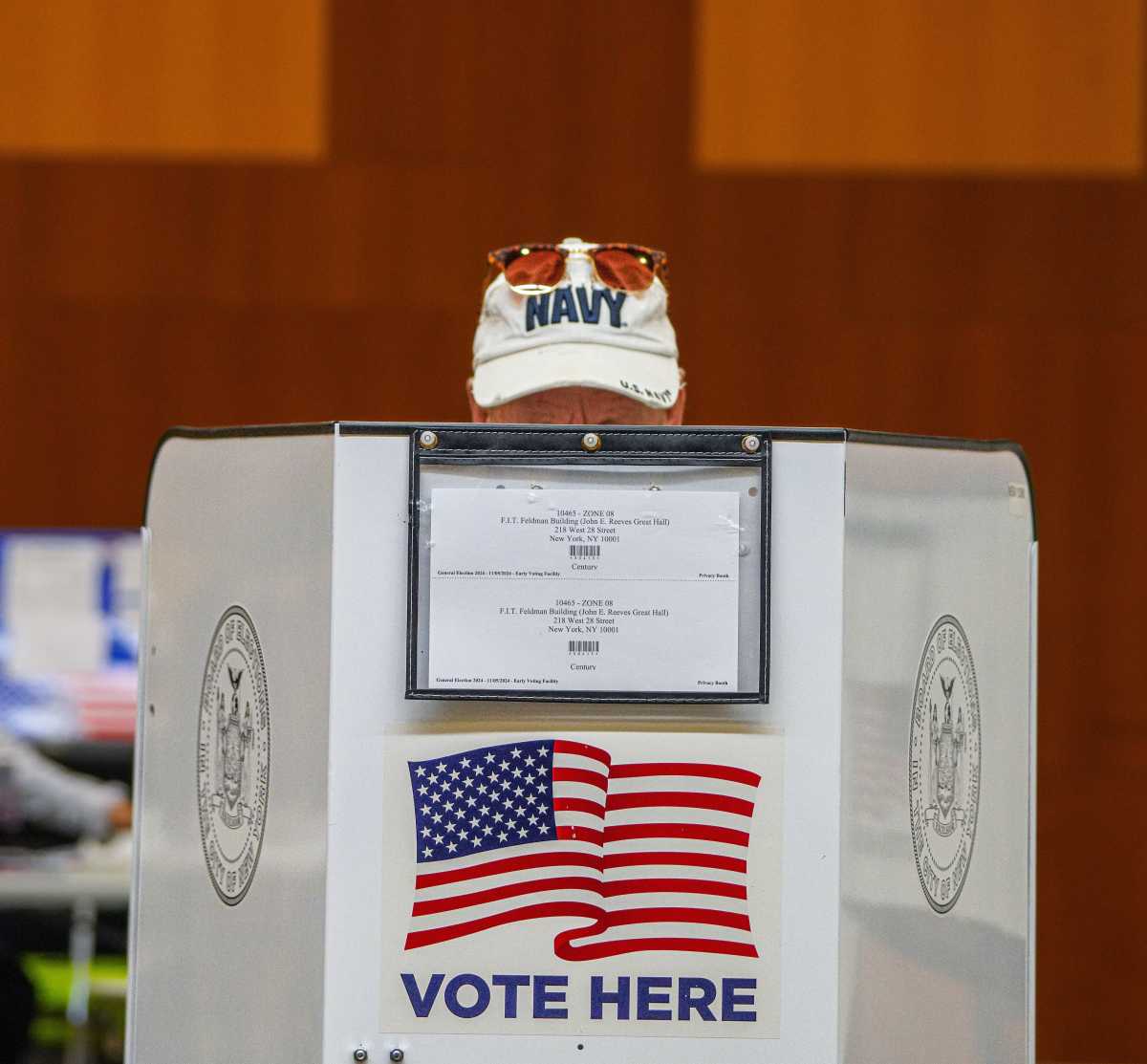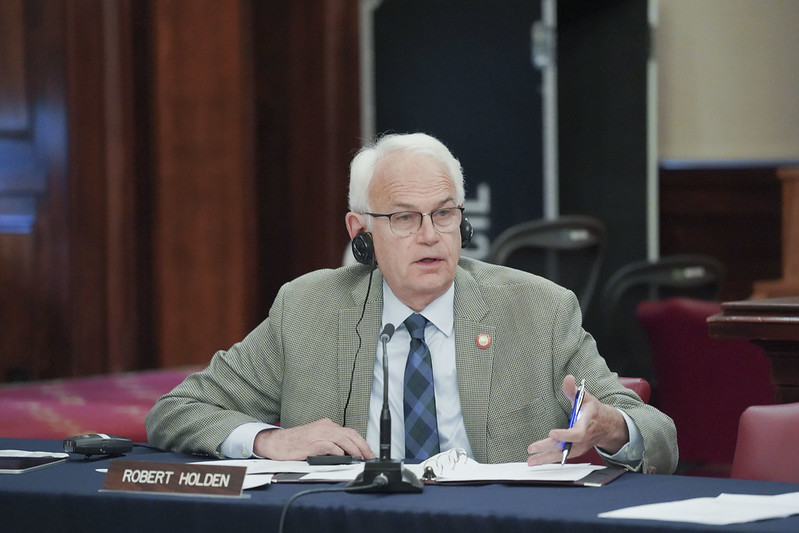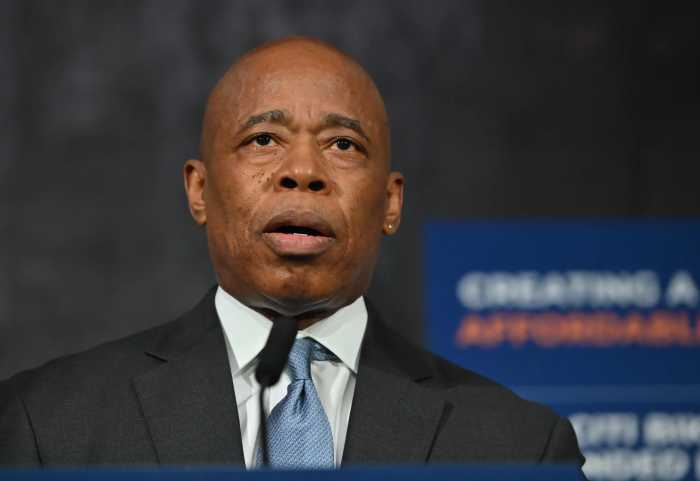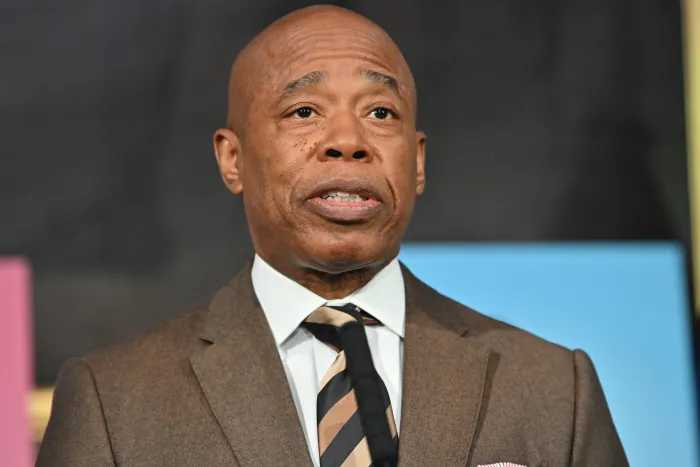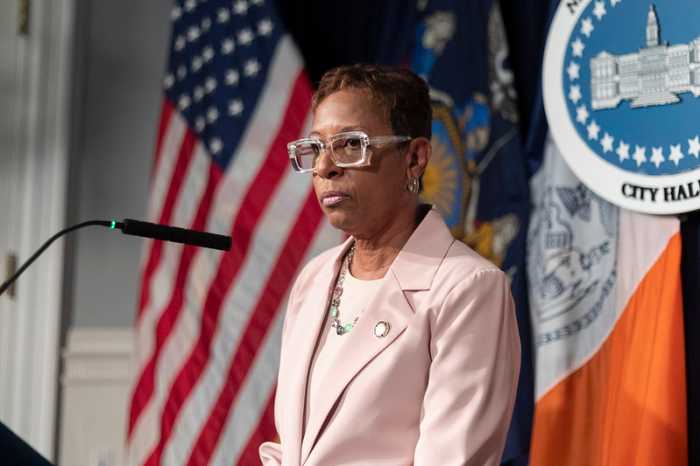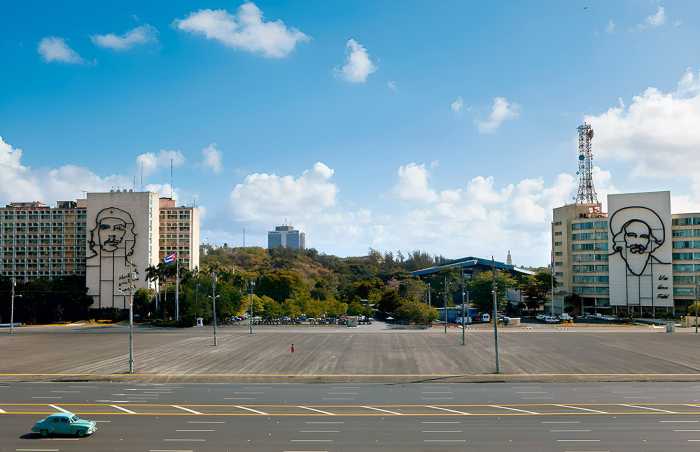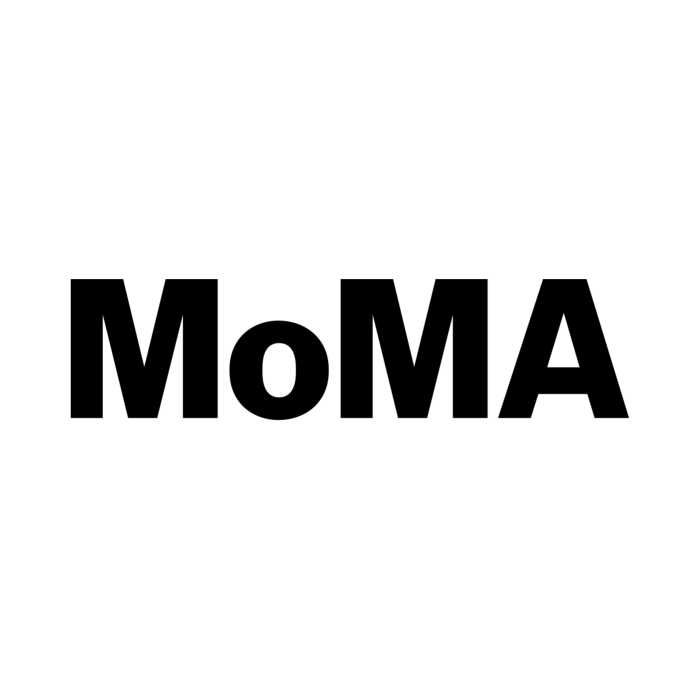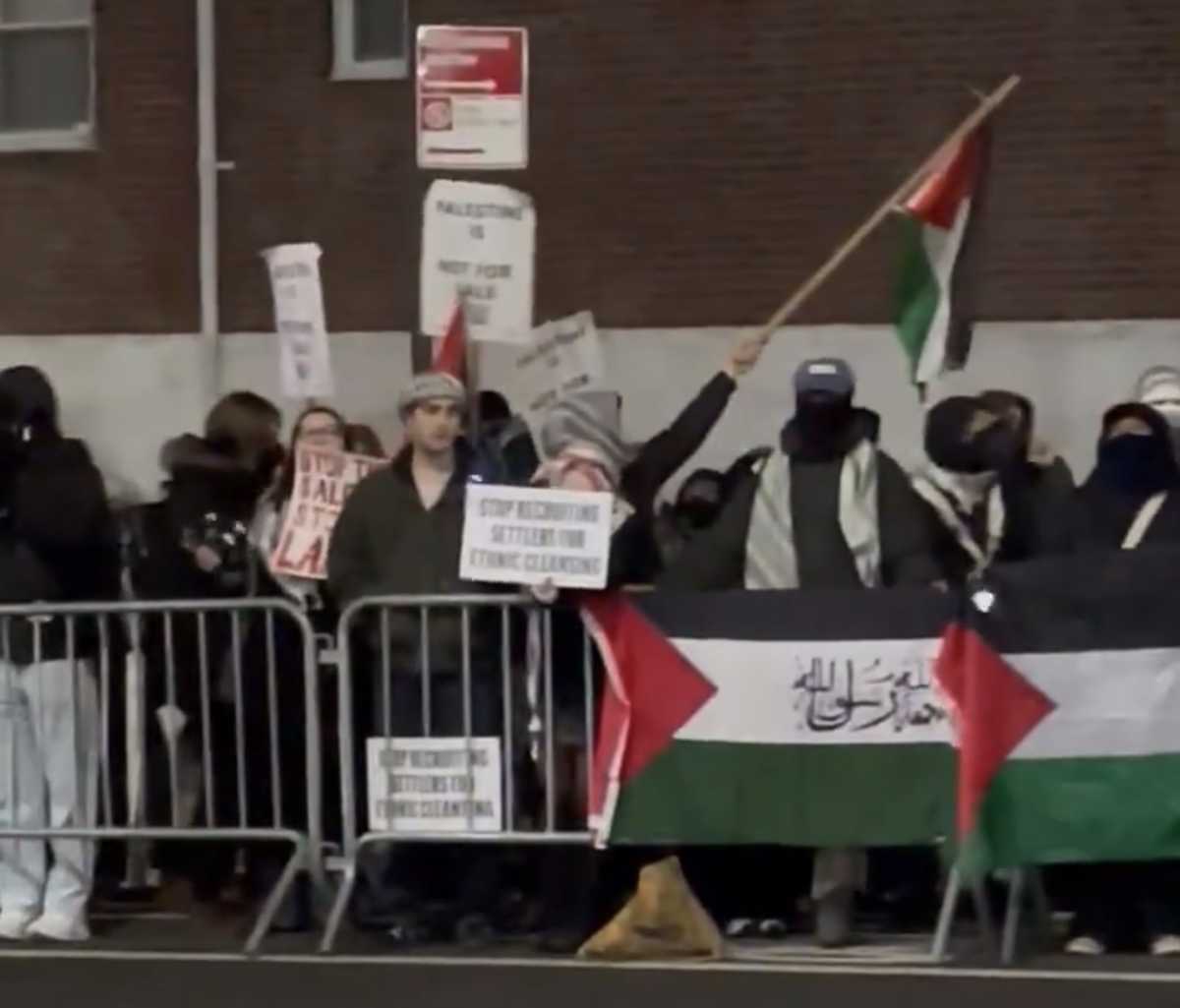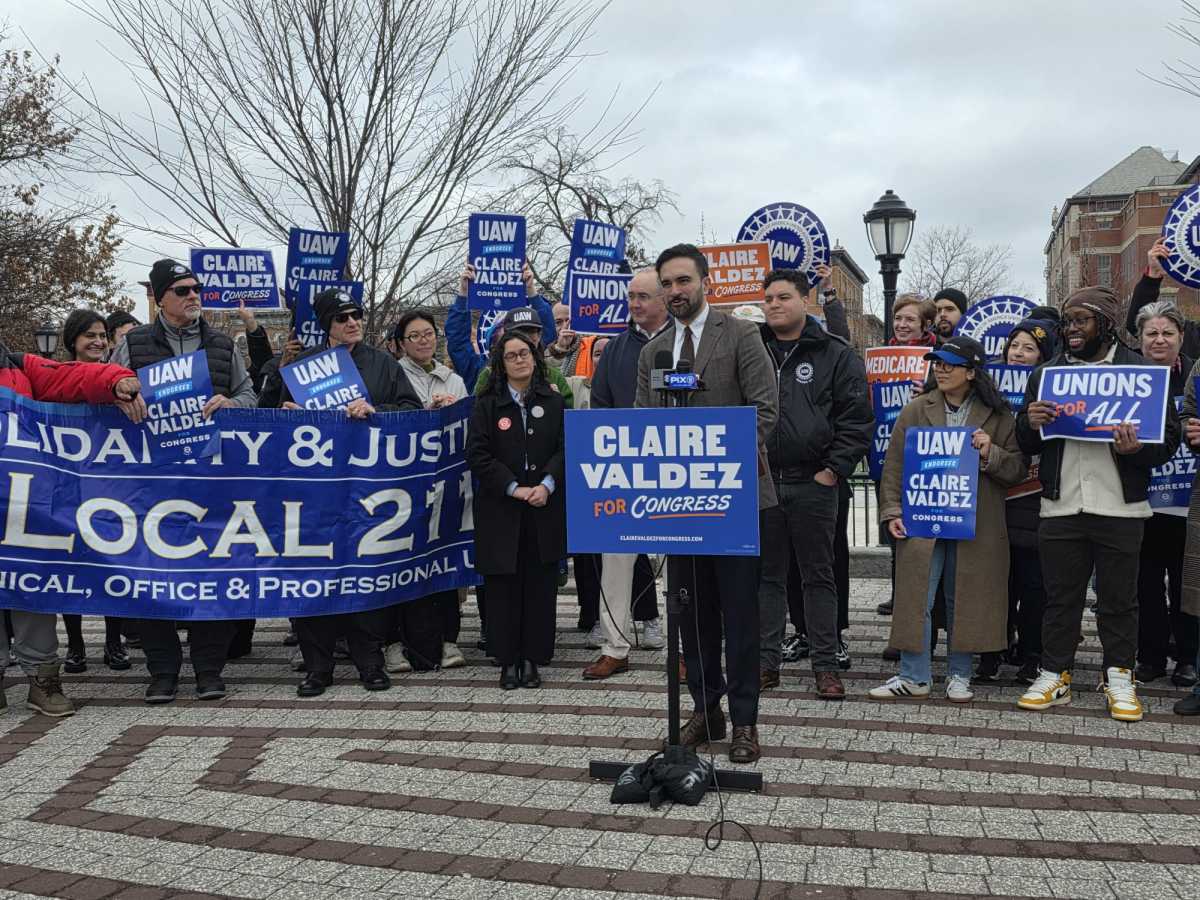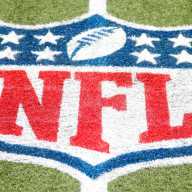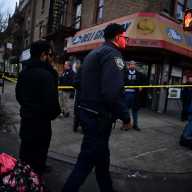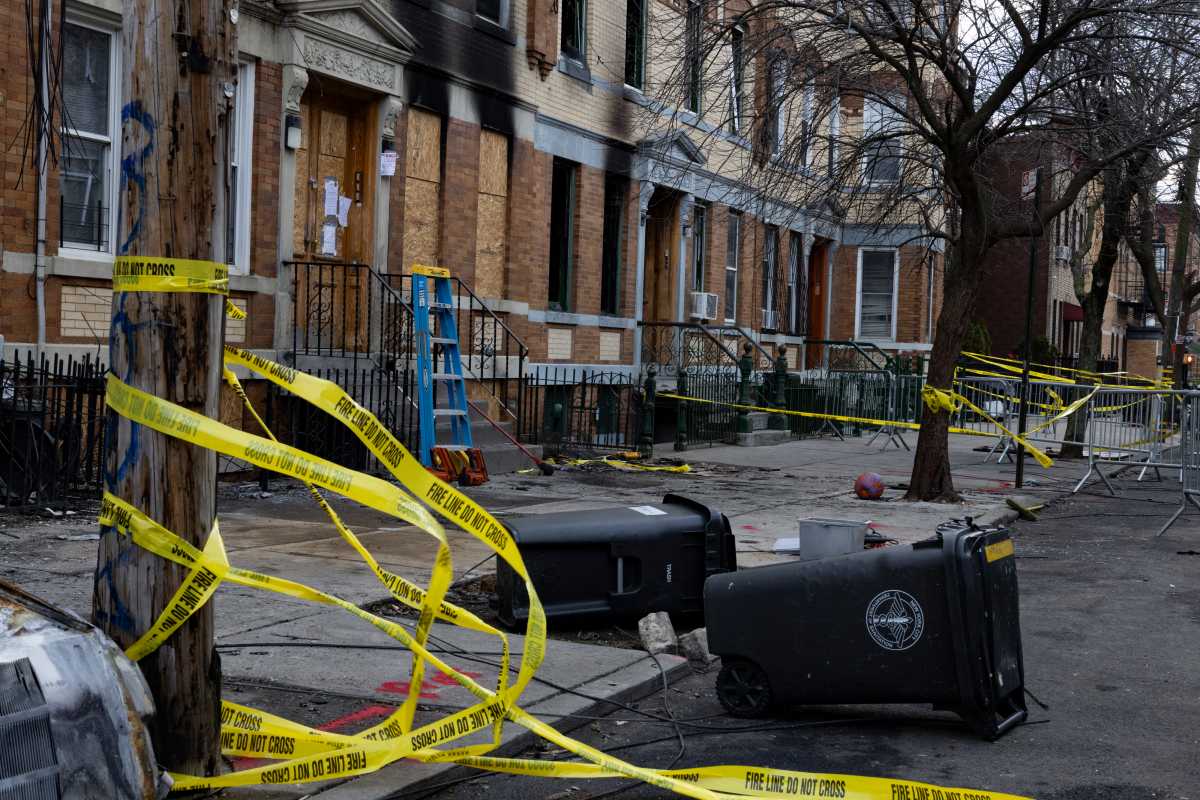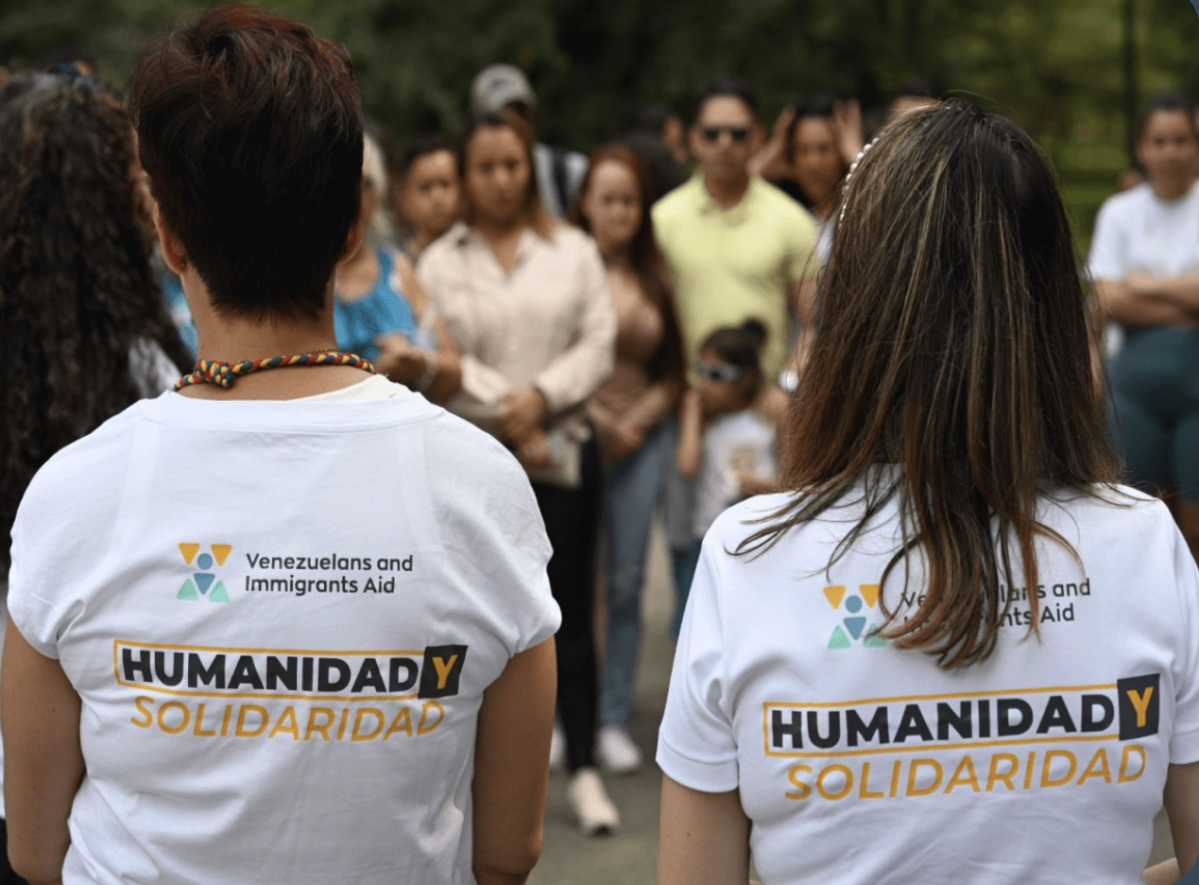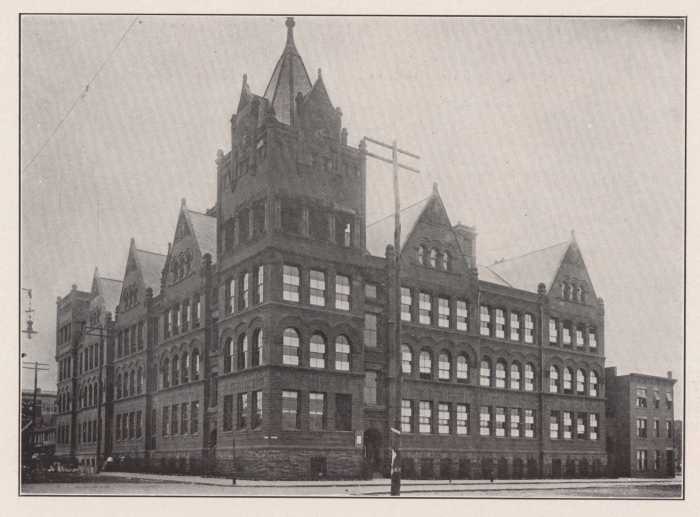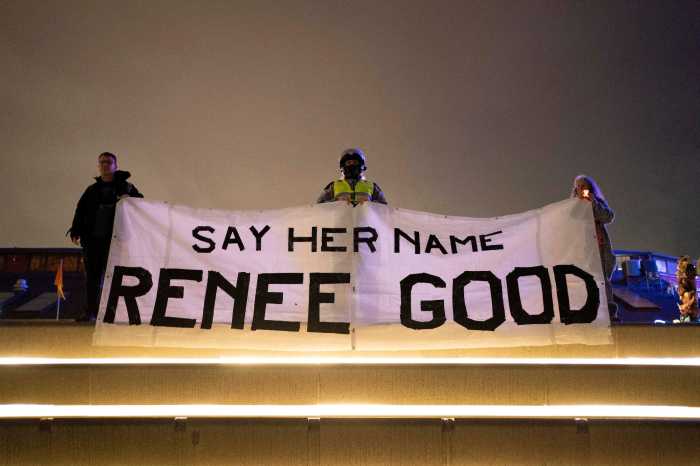New Yorkers will not vote on whether the city should institute open primaries after a city panel announced Wednesday it would not put the measure on November ballots.
The proposal would have allowed all voters, regardless of party affiliation, to vote in a “jungle primary” of all candidates, in which the top two vote-getters advance to the general election. The Charter Revision Commission, a 13-member body empaneled by Mayor Eric Adams to consider amendments to the City Charter, considered the proposal alongside five other measures it is expected to advance to voters.
Currently, all primary elections in New York are restricted to registered members of a political party. The recently completed June 24 Democratic primary, for instance, was limited only to registered Democrats and decided the party’s nominee for mayor. The Republican Party did not have a mayoral primary but held primaries for other city seats open only to registered Republicans.
Commission Chair Richard J. Buery said in a statement that there was not enough consensus among commissioners, experts and city leaders to consider the open primaries proposal.
“I hope civic leaders will build on the progress that we have made this year, develop greater consensus and advance a proposal to voters prior to the next citywide election,” Buery said.
The commission’s interim report, released July 1, suggested open primaries as a way to increase voter turnout. Proponents argued the proposal would enfranchise many voters who are not affiliated with a political party, who are overwhelmingly Black and Latino.
But a coalition of city leaders and civic organizations — including both progressive politicians and Republicans — said open primaries favor establishment candidates and effectively usher in one-party rule.
Ana María Archila and Jasmine Gripper, co-directors of the progressive Working Families Party, celebrated the commission’s decision, saying “billionaires failed to buy New York’s primary system.”
“It’s no coincidence that after a historic primary win for working New Yorkers, the rich and well-connected attempted to twist our electoral system in their favor — but organized people fought back against their attempts to diminish our power,” Archila and Gripper said in a joint statement.
Some civic leaders, including L. Joy Williams, New York state president for the national civil rights group NAACP, argued the commission was rushing the process, even if the idea of open primaries had merit.
“Amending our primary system can still be done smartly,” Williams co-wrote with another civic leader last week. “But rushing such a substantive change on the ballot creates unnecessary division.”
Recent political trends in New York — where registered Democrats vastly outnumber registered Republicans — make the winner of any Democratic primary the heavy favorite in the November general election. Since Republicans and independent voters cannot vote in the Democratic primary, they are left out of much of the electoral decision-making.
City Comptroller Brad Lander testified at the commission’s final public hearing that the current primary system has worked for New York, and implied that the proposal was only being considered because of former Gov. Andrew Cuomo’s recent loss in the Democratic mayoral primary.
“That’s democracy as we have practiced it here for generations,” Lander said at the meeting, referring to traditional primaries. “But now it appears some people — for whom the race didn’t go the way they wanted — want to change the rules.”
The commission will still vote on whether to advance four land-use proposals designed to build more affordable housing and another election proposal that would shift municipal elections to even-numbered years to increase turnout. In its interim report, the commission suggested that changing election years may have a more significant impact on turnout than open primaries.
The commissioners will make their final decision at a public meeting on July 21. They are expected to present all five proposals to voters in November.
Also Read : https://www.amny.com/entertainment/canceled-comedy-hard-rock-hotel-times-square/



